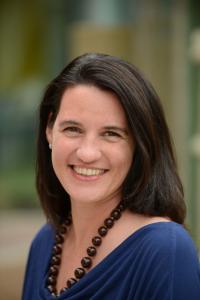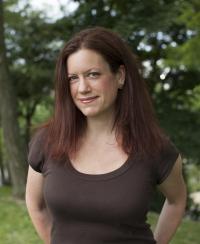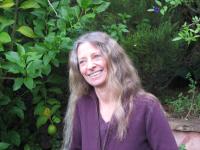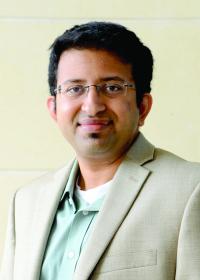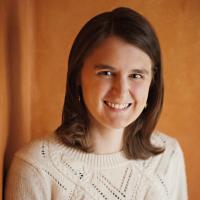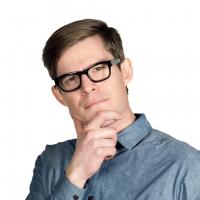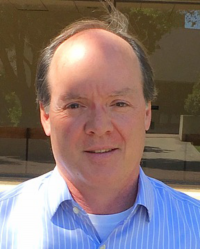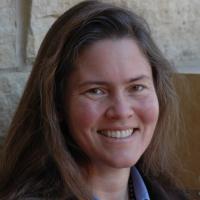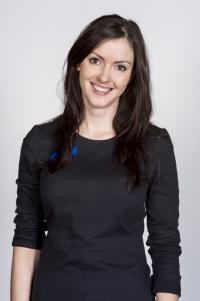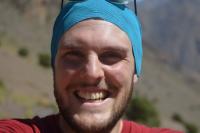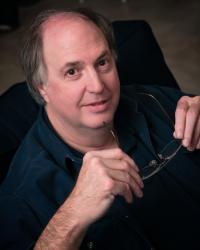WKJosé G. González
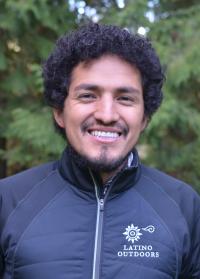
Founder, Latino Outdoors
José González is an educator, illustrator, and conservationist, and he is the founder of Latino Outdoors, a national nonprofit organization working to connect Latino communities in the U.S. with a diversity of outdoor experiences. González was named one of the “Grist 50: The 50 People You'll Be Talking About in 2016” by Grist.org, and his commentary on diversity and environmental outreach has been featured by High Country News, Outside, Earth Island Journal, Latino USA, the Sacramento Bee, R.E.I., and the Sierra Club. González has been engaged in collaborations with the White House Council on Environmental Quality, U.S. Department of Interior, the National Park Service, and the California State Legislature. He received the 2015 National Conservation Education Award from the National Wildlife Federation and the 2016 Rising Leader Award from The Murie Center.
As an educator, González has broad experience spanning K-12, postsecondary, and informal settings. He received his M.S. in Natural Resources and Environment from the University of Michigan School of Natural Resources & Environment (SNRE), and completed his teaching credential coursework in Bilingual Multicultural Education at California State University, Sacramento. As a public school teacher, he has taught courses for at-risk youth, and at middle school and high school levels. As adjunct faculty at the National Hispanic University, he has taught courses on Science Methods and Math Methods at the Teacher Education Department. And as a Program Coordinator with the California Mini-Corps Program, he trained and led undergraduate students to provide instructional services to migrant students in California school districts and in outdoor education programs. González was born in Mexíco and emigrated to California as a child.
José González can be reached via Twitter at @JoseBilingue. Follow Latino Outdoors at @LatinoOutdoors.
Speaking:
-
Saturday, October 29th, 9:30 am to 10:45 am

